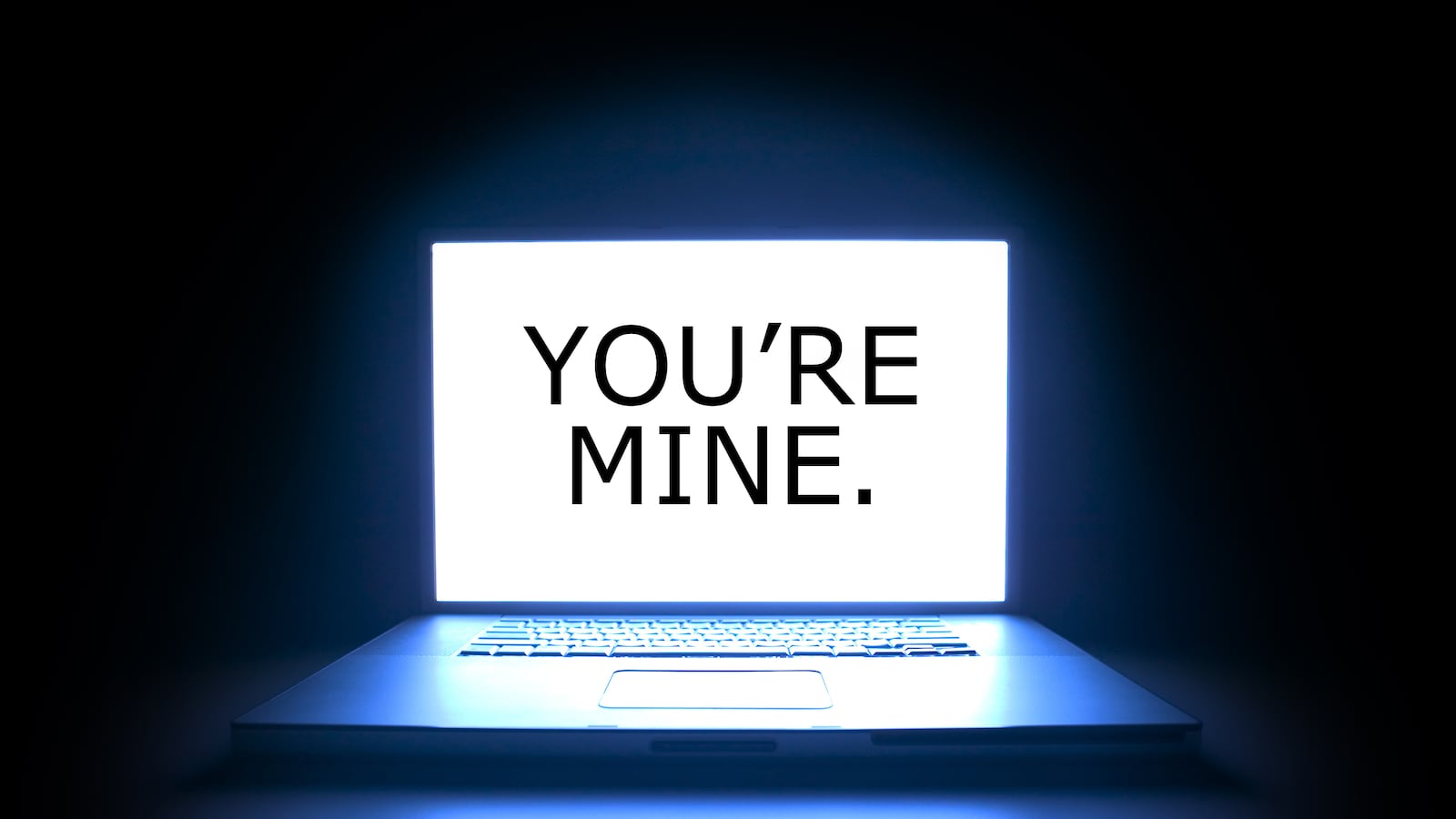So far this year, more than 500 data breaches have been logged globally. In the United States, the security of more than six million records has been compromised. And that doesn’t begin to take into account NSA surveillance and abuses. Or corporate data mining. For many, 2013 will be remembered as 1984.

It’s tempting to call this out as the natural consequence of openness. The by-product of a choice to live in public; to put your information online. It’s also not true. The global data breach epidemic is not about the failure of the open Internet. It’s about our failure to keep the Internet open.
The Internet was designed to be an open, decentralized system. It processes information blindly. And as a result, it can’t listen in. It can’t make decisions about access. It can’t decide which applications to run. It can’t watch or store your stuff. You, the end user, are in control. Your data belongs to you. Unfortunately, the applications we’ve built on top of the Internet—the Facebooks, the Googles, the Amazons of the world wide web—don’t always work that way.
We’re starting to centralize data. This puts access and information in the hands of the few; the Internet’s platforms, and not its people. The original promise of the open Internet—neutrality, privacy, and data ownership—is eroding. Our shared web is now dominated by a handful of big, closed technology stacks that lock your data into digital silos.
If you’re like us, a typical morning begins on an Android screen. Check Gmail. Review a Google doc. Search with Chrome. Repeat.
Every single one of those actions is tied to a privately-owned ecosystem. All of your eggs are in one basket. And that puts your data at risk. Centralization leaves information vulnerable: to fraud, to surveillance, to sale.
Even services that claim neutrality can be swayed by the stockpile of personal data now available to them. A recent Pew survey found that Internet users aren’t worried about the NSA. They’re worried about Facebook. And with good reason. More than 600,000 Facebook users found their personal information being served up in ads; part of a revenue initiative that made the company $73 million. An open Internet hard codes certain freedoms. A closed network builds in opportunities for abuse.
It doesn’t have to be this way. Centralization is not a mandate. It’s a choice. Because for every centralized application on the Internet, there can be an open, secure, and decentralized alternative. A search platform that doesn’t index your personal data. A social network that doesn’t auction your private life. A data storage service that’s not subject to corporate surveillance. A microblogging tool that cannot be censored, or compromised. To spread this message, BitTorrent recently launched a campaign in three major cities, with billboards calling for a “people-powered” Internet.
Restoring data security, information integrity, and the sustainability of our shared web is not about closing doors. It’s about keeping them open. On an open Internet, your data belongs to you.






